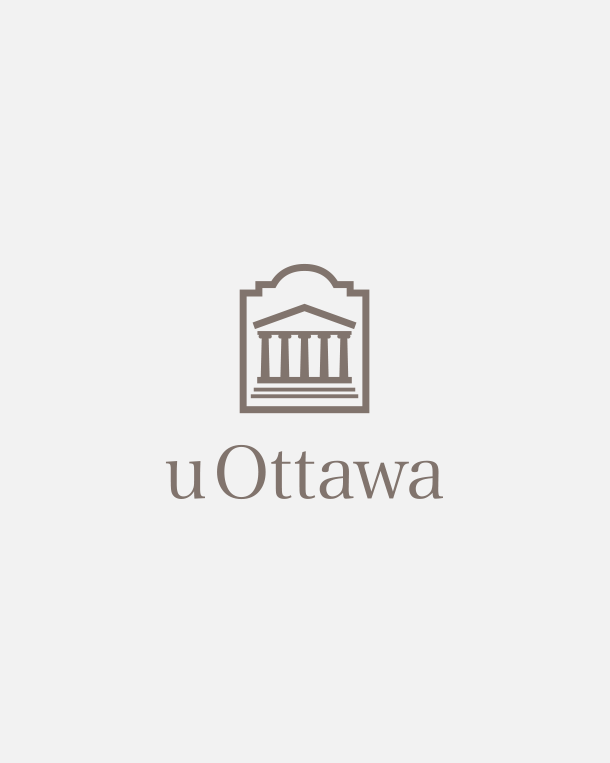- Reciprocity and respect
- Self-determination and Indigenous rights
- Ethical relations
- First Nations, Inuit and Métis Mental Health and Well-Being
- Meaningful Partnerships and Community Engagement
- Sustainability of our relationship with the land, its custodians, their cultures and languages
- First Nations, Inuit and Métis Excellence

Indigenous Rights in Education

History of the Kitigan Zibi Community

Chiman Wigwas unveiling

Project of Heart Learning Day at Beechwood Cemetery
Events

Kwayakotàge: Learning the true story
Join us for an Evening of Reflection and Connection on the day of truth and reconciliation at the Resource Centre LMX203. The event will be held on Se…

Spirit Bear Virtual School launch
Join members of the First Nations Child & Family Caring Society and the University of Ottawa's Faculty of Education for the launch of the Spirit Bear …

Tony Wawatie, visiting the Faculty of Education
The Faculty of Education is pleased to invite you to meet Tony Wawatie, former chief of the Algonquins of Barriere Lake March 27th from 10 AM to 12 PM…

Gyoiho:wá:nęh dwawę́:na: Reflective practice in Cayuga language teaching for adults
Join the upcoming session to explore how Cayuga language, a language of the Iroquoian language family, learner and speaker weaves together Constructiv…

Building Relationships with Indigenous Knowledge – The Charles R. Bronfman Lecture in Canadian Studies
Join us for the first event in the series Building Connections: Mobilizing Indigenous Histories for Social Change for “Building Relationships with Ind…

Mapping our ways: Critical Cartography for the Robinson Huron Waawiindamaagewin
Join us for the next event in the series Building Connections: Mobilizing Indigenous Histories for Social Change. In this presentation, Cheryl Recolle…
News

What can the Métis sash teach us about truth, and then reconciliation, for educators?

Bringing reconciliation education and resources to the classroom

"Unlearning" colonialism through teacher education

Meet Robert-Falcon Ouellette: Veteran, former parliamentarian, and professor

A Year in Review: Indigenous Rights in Education

National Indigenous History Month: Resources and reflections
Researchers in Indigenous education
Diane Campeau, visiting professor, holds a Ph.D. in Education from the Université de Sherbrooke. Her research focuses on Indigenous pedagogy and the integration of Indigenous cultural dimensions in education. She has conducted research in public school settings, majoritarily with students from Anishinabe-Algonquin Nation communities. She was until recently, the Director of Indigenous Education at the Conseil Scolaire Francophone de la Colombie-Britannique (CSF).
Lisa Howell is an award-winning researcher and recent graduate of the Faculty of Education. Her work on the consequences of colonization and the goals of reconciliation earned her an award of recognition from the Canadian Association for Teacher Education (CATE). She emphasizes the importance of learning from Indigenous peoples, and argues that education must go beyond school curricula to respond to the Truth and Reconciliation Commission's Calls to Action.
Madelaine McCracken is Red River Métis, and her families are Chartrand, Pangman, Larence, and Bruce from St. Laurent, Manitoba, a part of the historic Northwest Métis Homeland. She is a doctoral candidate and part-time professor at the University of Ottawa. Her work primarily focuses on Truth, and then Reconciliation Education and how First Nations, Métis, and Inuit rights, perspectives, and values can be respectfully represented in teacher education, curricula expectations, schools, and classrooms across Canada. McCracken is passionate about supporting community in many ways, all to uplift voices and make differences toward reconciliation.
Nicholas Ng-A-Fook is a full professor in the Faculty of Education. He is the former vice-dean of graduate studies, and director of the teacher education and Indigenous teacher education programs. He is actively engaged in addressing the 94 Calls to Action put forth by the Truth and Reconciliation Commission, in partnership with local Indigenous and school board communities.
Robert-Falcon Ouellette, Associate Professor, is from Red Pheasant Cree Nation in Saskatchewan. He is a dedicated community organizer, educator and anthropologist doing research in the areas of Indigenous education, military ethics and political science. He is also a 27-year veteran of the Canadian Armed Forces, where he served as a company commander in the 5th Field Ambulance.